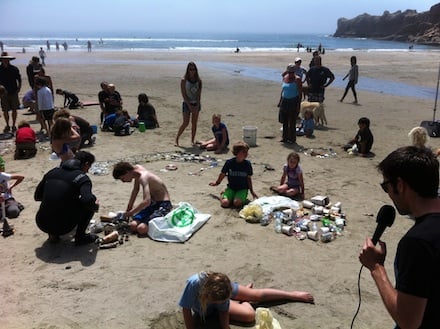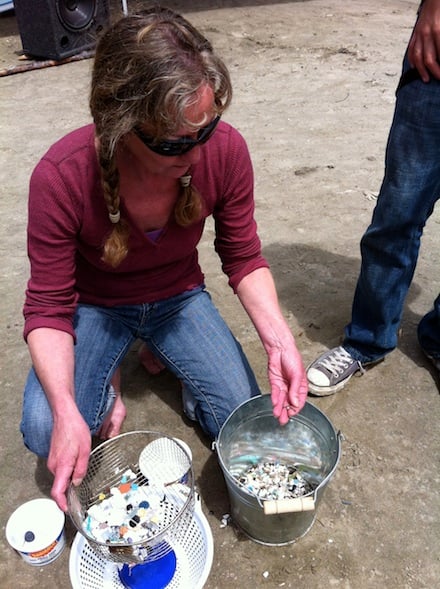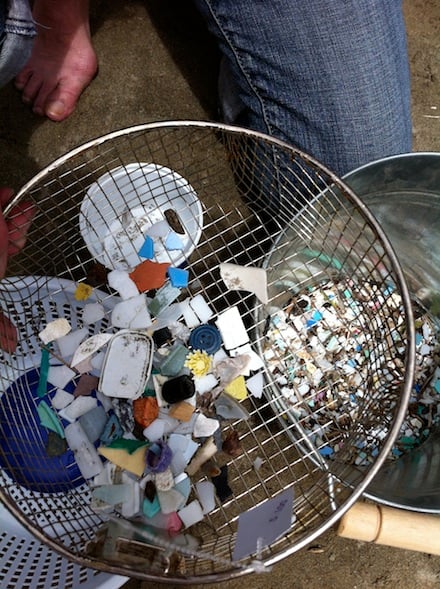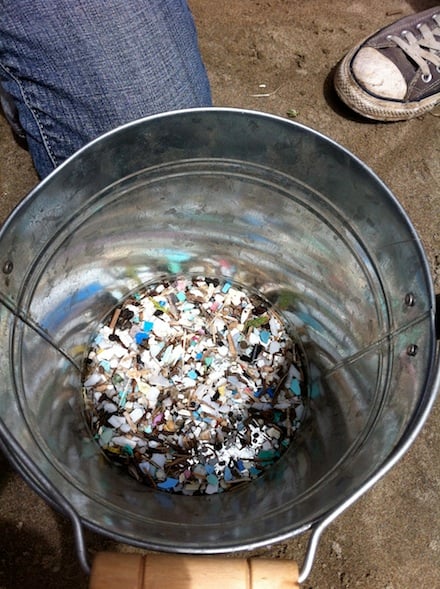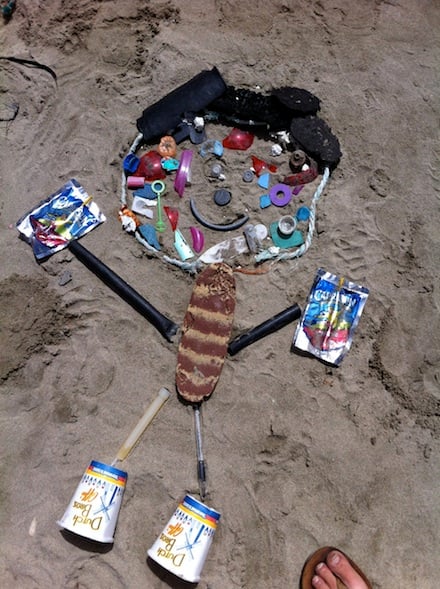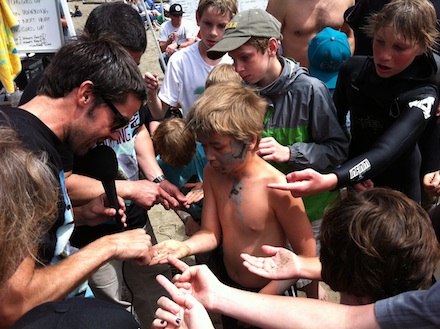
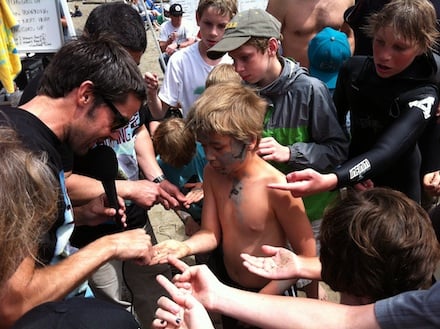
At our annual Otter Rock n Roll event, we run our beach cleanup challenge, which is a super-popular way to engage kids in cleanups. Below is a quick outline of how-to engage kids in the cleanup to make it fun and educational. Check out some of the photos below for more ideas!
Supplies: Small prizes or other incentives for categories (we like to use teachable items that relate to the cleanup like reusable water bottles), buckets or bags for beach debris collection, colanders/strainers are very helpful for straining small bits of plastics, print-outs for categories, gloves, first aid kit, sharps container.
What to do:
1. Plan ahead. Gain prizes and assign categories for the "challenge". Depending on the age of the kids, we sometimes call it a "scavenger hunt", choose what you like and works for your audience.
2. Challenge or Scavenger hunt categories should be selected based on what you will likely find on the beach AND something you can make a teachable moment out of. Some categories we've used in the past: most pieces of plastic, largest piece of foam/polystyrene, something recyclable, something with Asian characters/writing, something you can tell a story about (this one can be fun but time-consuming in wrap up!), beach debris art rendering, etc. - pick as many as you can find prizes and manage.
3. Take kids to beach, gather in teams or as individuals and explain the challenge. Carefully explain categories and general beach safety rules. Give the kids clear instructions and boundaries for beach area and safety. Assign chaperones to groups as necessary. Be sure kids understand that each category will get a special prize and who will be judging (usually yourself or a group of adult chaperones). Be clear on your time to meet back and where with everyone's finds.
4. Disseminate kids and give them 1-2 hours depending on how well you think they can focus. Sometimes a limited amount of time during collection helps keep the kids engaged and interested for the second half.
5. Gather kids and beach debris. Each group should spend a little time "preparing" their finds.
5. Review categories, get kids excited for prizes and run through the judging. Be sure and go slow during this time period as this is when all your teachable moments will pop up. Take advantage of the opportunity to explain how things end up on the beach, why stewardship is necessary and reducing our use of single use items and plastics is very important.
